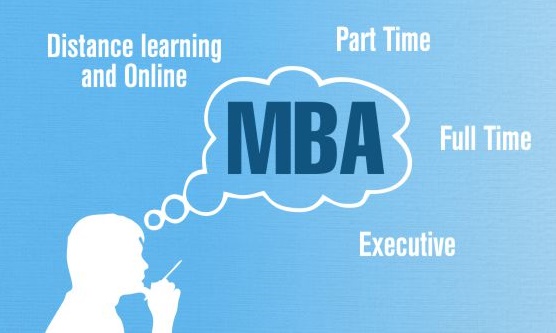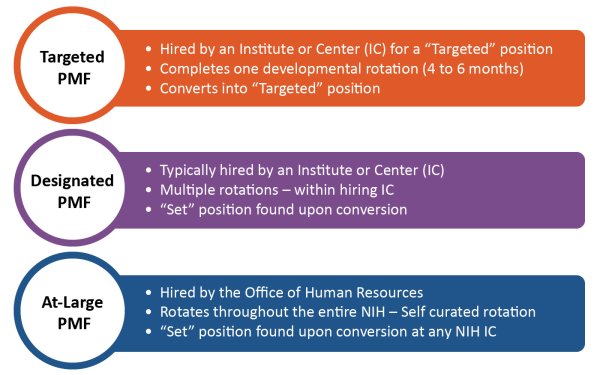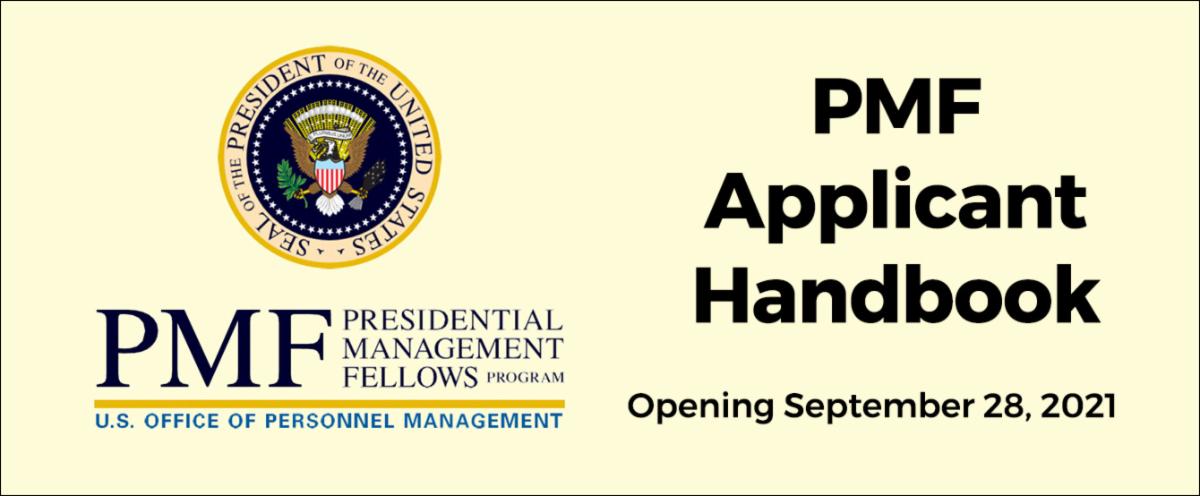The rise of online education has made psychology masters degree programs more accessible than ever before. While this offers flexibility and convenience, it also presents challenges in terms of maintaining quality and ensuring adequate student support. For those considering further education in this dynamic field, understanding the landscape of these programs is essential.
Toc
- 1. Why Consider a Masters Degree in Psychology?
- 2. Types of Psychology Masters Degree Programs
- 3. Related articles 01:
- 4. The Rise of Online Psychology Programs
- 5. Choosing the Right Psychology Masters Program
- 6. Career Paths with a Masters Degree in Psychology
- 7. Related articles 02:
- 8. Frequently Asked Questions (FAQ)
- 8.1. What are the admission requirements for psychology master’s programs?
- 8.2. What are the typical course requirements for a psychology master’s program?
- 8.3. How long does it take to complete a master’s degree in psychology?
- 8.4. What are the job prospects for graduates with a master’s degree in psychology?
- 8.5. How can I find a psychology master’s program that’s right for me?
- 9. Conclusion
Why Consider a Masters Degree in Psychology?

A master’s degree in psychology can significantly elevate your career trajectory in this expanding field. The Bureau of Labor Statistics predicts a 6% increase in employment for psychologists from 2024 to 2034, underscoring the growing demand for trained professionals. Graduates with a psychology master’s degree can explore a range of career paths, enhancing their earning potential and job security.
Career Advancement
Pursuing a master’s degree in psychology programs can lead to enhanced career opportunities. For instance, the median annual salary for psychologists was reported at approximately $92,740 in 2024, with clinical, counseling, and school psychologists earning around $78,200. Specializing in areas such as clinical psychology, industrial-organizational psychology, or counseling can lead to roles that offer greater responsibilities and higher salaries.
Moreover, holding a master’s degree often positions graduates for management and leadership roles within organizations. Employers actively seek candidates with advanced degrees who can contribute specialized knowledge and critical thinking skills, making a master’s degree a valuable asset whether you’re entering healthcare, research, or corporate sectors.
Specialization and Knowledge Deepening
A master’s degree in psychology empowers individuals to delve deeper into specific areas of the discipline, such as cognitive neuroscience, developmental psychology, or forensic psychology. This advanced education deepens your understanding of human behavior and mental processes, enhancing your value in your chosen career path.
By honing in on a particular focus area, graduates can develop a level of expertise that distinguishes them from their peers. This specialized knowledge is invaluable in fields like clinical counseling and organizational development, where the application of psychological principles is paramount.
Preparation for Doctoral Studies
For students contemplating doctoral studies, a master’s program serves as an excellent foundation in research methodologies and theoretical frameworks. Although many Ph.D. and Psy.D. programs do not mandate a master’s degree, the skills acquired during a master’s program can provide a competitive advantage in the application process. Engaging in research and thesis writing equips students with invaluable experience that can ease the transition to doctoral-level studies.
A master’s degree in psychology programs can act as a stepping stone toward a doctorate, allowing you to explore your research interests and gain the skills necessary for success in advanced academic settings.
Types of Psychology Masters Degree Programs

Master of Arts (M-A-) and Master of Science (M-S-) Degrees
The two most prevalent types of psychology master’s degrees are the Master of Arts (M.A.) and the Master of Science (M.S.). While both degrees share similar academic requirements, an M.A. may focus more on liberal arts, while an M.S. typically emphasizes scientific and research-oriented aspects of psychology.
Choosing between an M.A. and an M.S. often hinges on individual academic backgrounds, career aspirations, and personal preferences. Students attracted to a theoretical approach might prefer an M.A. program, whereas those inclined towards empirical research may opt for an M.S. It’s essential to thoroughly investigate the specific programs you’re interested in to find the best fit for your educational and professional goals.
Terminal vs- Non-Terminal Master’s Programs
Understanding the distinction between terminal and non-terminal master’s programs is critical when selecting a psychology master’s degree program. Terminal programs are designed to prepare graduates for immediate professional practice in areas like clinical or counseling psychology. In contrast, non-terminal programs serve as preparatory steps for doctoral studies, providing a solid foundation for further academic pursuits.
Evaluating your long-term goals is essential. If you’re aiming for a professional career in a specific area of psychology, a terminal master’s program may be the best choice. However, if you envision eventually earning a doctorate, a non-terminal program might offer a stronger educational foundation. Additionally, non-terminal programs may provide more research opportunities and a broader array of elective courses, allowing students to tailor their education to their interests.
1. https://chosloughi.org/mmoga-unlocking-the-path-to-success-with-accredited-online-degree-programs
5. https://chosloughi.org/mmoga-unlock-the-future-of-nursing-with-dnp-degree-programs
Online vs- On-Campus Programs
The recent growth in online education has had a significant impact on psychology master’s degree programs. Today, many reputable institutions offer fully accredited online programs that afford students the flexibility to continue working while pursuing further education. These programs often mirror their on-campus counterparts in curriculum and coursework, making them an excellent option for those seeking convenience without compromising academic quality.
While traditional on-campus programs remain popular and beneficial for those who thrive in face-to-face learning environments, online programs cater to individuals with busy schedules or geographic limitations. Ultimately, the choice between online and on-campus programs comes down to your learning style, lifestyle, and personal preferences.
The Rise of Online Psychology Programs

Online psychology master’s programs have gained immense popularity in recent years, offering greater flexibility and accessibility to students. This trend has significantly expanded the pool of qualified professionals entering the field, contributing to increased diversity and perspectives within the discipline.
Advantages of Online Programs
Online programs offer increased flexibility and accessibility, making it easier for students to balance their studies with work and personal commitments. These programs often provide convenient, round-the-clock access to course materials, appealing to busy professionals.
The convenience of online programs is particularly beneficial for those with demanding schedules or individuals residing in remote areas. By eliminating the need for commuting and on-campus attendance, online programs broaden access to graduate-level education for a diverse range of students.
Advantages of Traditional Programs
Conversely, traditional on-campus psychology master’s programs provide opportunities for direct interaction with faculty and peers, access to campus resources such as research laboratories, and valuable networking opportunities. These programs may also offer a more immersive and structured learning experience.
The in-person aspect of traditional programs can be advantageous for students who thrive on collaboration and hands-on learning. Additionally, the access to campus resources and the ability to forge professional connections can be particularly beneficial for those pursuing research-focused or clinical psychology paths.
Choosing the Right Program Format
When deciding between an online or traditional master’s program, consider your learning style, access to resources, and the availability of your desired program. Weigh the pros and cons of each format to determine the best fit for your educational and career objectives.
Ultimately, the decision between an online or traditional program will depend on your individual circumstances, preferences, and the specific requirements of the psychology master’s program you’re considering. By evaluating your options carefully, you can find the format that aligns best with your needs and helps you achieve your academic and professional aspirations.
Choosing the Right Psychology Masters Program

Factors to Consider
When selecting a psychology master’s program, several key factors warrant consideration. The program’s reputation, faculty expertise, course offerings, research opportunities, internship experiences, and overall cost should all play a role in your decision-making process.
Additionally, assessing the program’s accreditation is crucial, as it can influence your eligibility for licensure, certification, and future employment prospects. Enrolling in an accredited program ensures a high-quality education that meets the necessary requirements for your career path.
Accreditation
Accreditation is a vital aspect to investigate when choosing a master’s degree in psychology programs. While the American Psychological Association (APA) does not accredit master’s programs, other accrediting bodies like the Masters in Psychology and Counseling Accreditation Council (MPCAC) and the Council for Accreditation of Counseling and Related Educational Programs (CACREP) provide valuable accreditation for specific master’s programs. Attending an accredited program ensures you receive quality education and meet the necessary criteria for licensure in your desired field.
Career Paths with a Masters Degree in Psychology

4. https://chosloughi.org/mmoga-unlocking-the-path-to-success-with-accredited-online-degree-programs
5. https://chosloughi.org/mmoga-unlock-the-future-of-nursing-with-dnp-degree-programs
Clinical and Counseling Psychology
A master’s degree in psychology opens the door to careers in clinical and counseling psychology. Graduates can pursue roles such as mental health counselors, marriage and family therapists, or substance abuse counselors. Many of these positions require licensure, with specific steps varying by state. The Bureau of Labor Statistics anticipates a 15% growth in employment for mental health counselors and marriage and family therapists from 2022 to 2032, significantly outpacing the average for all occupations.
In these roles, professionals work directly with individuals, couples, or families to address mental health challenges, develop coping strategies, and enhance overall well-being. Your specialized knowledge and clinical skills can profoundly impact your clients’ lives.
Industrial-Organizational Psychology
Individuals with a master’s degree in psychology can also find fulfilling careers in industrial-organizational (I/O) psychology. These professionals work in human resources, organizational development, and workplace research. The employment of I/O psychologists is expected to grow by 8% from 2024 to 2034, reflecting the demand for expertise in enhancing employee well-being and productivity.
In an I/O psychology role, you may design and implement employee training programs, develop performance management systems, or conduct research to understand the psychological factors influencing workplace dynamics. Your understanding of human behavior and organizational processes can be crucial in fostering a thriving work environment.
Other Psychology-Related Fields
Beyond clinical and I/O psychology, a master’s degree in psychology can lead to diverse careers in areas such as social work, education, research, and government agencies. These positions may involve providing counseling services, developing educational programs, conducting psychological research, or contributing to policy development.
The versatility of a psychology master’s degree allows graduates to explore various career paths, from community-based organizations to positions that influence policy and program design. Your analytical and problem-solving skills can be invaluable assets in these varied settings.
Frequently Asked Questions (FAQ)

What are the admission requirements for psychology master’s programs?
Common admission requirements for psychology master’s programs typically include a bachelor’s degree in psychology or a related field, a minimum GPA, GRE scores, letters of recommendation, and a personal statement outlining your motivations and goals.
What are the typical course requirements for a psychology master’s program?
Most psychology master’s programs include core courses such as research methods, statistics, psychopathology, developmental psychology, and cognitive psychology, alongside electives that allow for specialization.
How long does it take to complete a master’s degree in psychology?
The duration of a master’s degree in psychology can range from one to three years, depending on the program format (online or traditional) and the course load undertaken by the student.
What are the job prospects for graduates with a master’s degree in psychology?
The job market outlook for individuals holding a master’s degree in psychology is promising, with diverse career options available across various sectors, including healthcare, business, education, and government.
How can I find a psychology master’s program that’s right for me?
To find a psychology master’s program that fits your needs, utilize online directories, university websites, and professional organizations. Research program details, accreditation, and faculty expertise to make an informed decision.
Conclusion
In conclusion, pursuing a master’s degree in psychology offers a wealth of opportunities across several fields. The versatility and breadth of knowledge gained from such a program can equip you with the skills necessary to make a significant impact in various professional settings. Whether you choose to focus on clinical and counseling psychology, industrial-organizational psychology, or other psychology-related fields, this advanced degree can open doors to fulfilling and dynamic career paths. As you embark on your educational journey, carefully evaluate programs based on accreditation, faculty, and curriculum to ensure you meet your academic and professional goals. Investing in a psychology master’s program is an investment in your future, offering the chance to contribute positively to individuals and communities while achieving your career aspirations.













